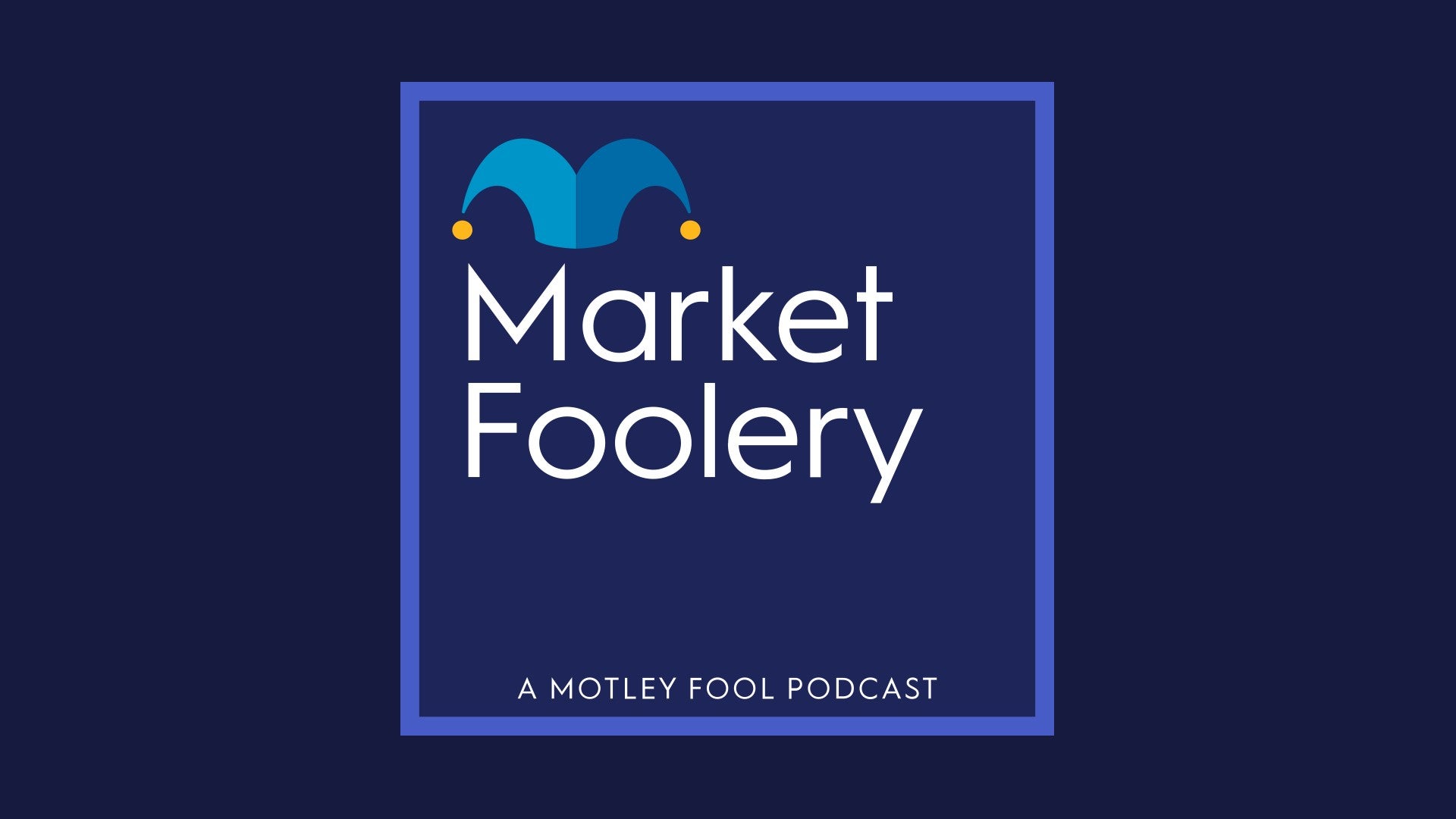We’re going to start with the story of the day, and that is Jeff Bezos going to space for a few minutes this morning.
There’s also the question of what do you do with your own capital when you amassed more than you could spend in several lifetimes, actually more than probably half the planet could spend in several lifetimes.
Of course, we can’t ignore the various types of technologies that get honed when you have a big picture goals like this, that we won’t see where these applications go, but they’ll be part of the tech story in the coming years, so much that’s underneath the surface, much above the surface, the surface of the atmosphere today.
As opposed to, “Oh, we’re going to be mining in space.” The idea of mining asteroids, I think anyone who’s seen the movie, easy for me to say, Armageddon, you can wrap your head around that, but that just seems so far off, as opposed to space tourism.
Maybe they’re not so visible but fast forward, 10 or 15, 20 years, it’ll be commonplace, I think, Chris, to be able to invest in companies that just make booster rockets or just make various portions of the navigation system.
is teaming up with Goldman Sachs, Morgan Stanley, Citigroup, and other banks to spin out its marketplace for shares of private companies.
Chris, she’s pushed this company from something beyond just a volume business that existed on trading fees and needed volumes of trading to be higher each quarter to win into a company that increasingly is focused on analytics, providing data, providing software as a service to big institutional companies in data security.
There are so many things when you look at Nasdaq today, so many pieces that really weren’t as prominent as they were a few years ago.
That number is now, I think, below 8,000 despite the fact that we’ve had certainly more IPOs and more SPACs over the past 15 months than I would have guessed at the beginning of the pandemic, but I think this speaks to the opportunity and really the appetite that investors are having in an increasing way for private companies.
You can stay private, provide liquidity to key employees who may want to sell some shares or buy some more shares and not have to bear the burden of all the compliance that comes with being a public company or having to follow on secondary offerings of stock when you need to raise some capital.
Again, before we leave this topic, you still have to be an accredited investor and have a certain net worth in most cases and a certain type of income to participate in opportunities like this, but I also believe that Nasdaq’s spinoff of this private market will encourage more of the smaller competitors who don’t have the accredited investor requirement to bring small investors into the fold to make investments in private companies.
Anything, in particular, you’re going to be watching when they report earnings tomorrow? Among other things, the chart of Nasdaq Incorporated is just an advertisement for long-term investing.
If you’re an investor in Nasdaq, I think you want to be looking at that to make sure that those two segments are growing at a healthy clip because that’s the characteristic of this company that allows you to sleep at night, collect the dividends and watch the stock just gradually increase, as Chris was talking about.
Is that just a part of their business they’re trying to grow or is that the most important part of their business? Because they’ve got the whole auto financing part of their business, and that’s the origin of this company, I believe.
If you go to the homepage of your community bank, you’ll see all these services offered, auto loans, personal loans, banking services, mortgages, except they do it at a pretty fast scale as I was just mentioning and I think that what is surprising for investors, is that the smaller pieces of the company’s business, such as its insurance, its retail brokerage, its deposits business, just the whole business of getting in customer deposits to grow the banking business almost have really been growing at a double-digit pace.
You’re looking at a company which is taking a consumer facing very simple business model and just blowing it up in all meaningful ways and we should mention here, Chris, this is another company that has very quietly rewarded shareholders.
You know what it might have been? It might have been around the time that Wells Fargo was having one of their “Ethical challenges” in terms of we’re just going to create fake accounts for millions of customers.
A few things about Ally which really stand out after a few years, Chris, if you were looking for a type of bank to invest in and you’re trying to figure out, do I invest in really small banks or these big banks, there were numerous choices in the middle that is, banks that do a little bit of everything, Ally is one.
Hill: As always, people on the program may have interest in the stocks they talk about and The Motley Fool may have formal recommendations for or against, so don’t buy or sell stocks based solely on what you hear.
